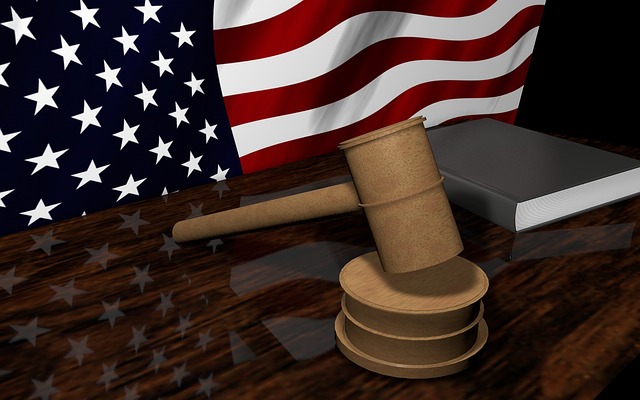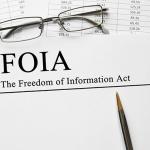Policies, laws, and regulations are necessary to keep the government accountable for its action. One such set of laws are Sunshine Acts, a sub-component of Freedom of Information Acts enacted to keep the operations of the federal government, Congress, federal commissions, and other legally constituted governmental bodies open to public scrutiny.
Although the ‘Sunshine Law’ started in Florida in 1967 (Chapter 119 of the Florida Statutes), the term is used in many states today, including Massachusetts and Ohio. Sunshine Laws significantly extend the scope of information available for public observation, participation and/or inspection – written documents, sound recordings, computer files – and mobile text messages.
Sunshine Laws and Mobile Archiving
As mobile devices become more pervasive, state agencies must seek a viable way to comply with mobile sunshine archiving requirements of the various laws. Any public agency or official using a mobile phone to send or receive SMS messages and any other type of electronic message with another official, or anyone else, should have a text message archiver in place that can capture and retain text messages and other types of content in a place that can be easily accessed upon request.
Below are some overviews of Sunshine Laws enacted in different states with regards to recordkeeping of electronic public records, such as text messages:
Florida Sunshine Laws
Subject to 119.01 General state policy, Florida Attorney General Pam Bondi states that “Any records made or received by any public agency in the course of its official business are available for inspection unless specifically exempted by the Florida Legislature. Over the years, the definition of what constitutes “public records” has come to include not just traditional written documents such as papers, maps, and books, but also tapes, photographs, film, sound recordings and records stored in computers.
Missouri Sunshine Law
Subject to Chapter 610, Missouri Attorney General Joshua D. Hawley clearly states “the Sunshine Law applies to all records, regardless of what form they are kept in, and to all meetings, regardless of the manner in which they are held.” Government records on a non-government owned server (i.e. social media site) are subject to a Sunshine request, and legal discovery.
New Jersey Sunshine Law
The Open Public Records Act declares what constitutes Government Record:
“Government record” or “record” means any paper, written or printed book, document, drawing, map, plan, photograph, microfilm, data processed or image processed document, information stored or maintained electronically or by sound-recording or in a similar device, or any copy thereof, that has been made, maintained or kept on file in the course of his or its official business by any officer, commission, agency or authority of the State or of any political subdivision thereof, including subordinate boards thereof, or that has been received in the course of his or its official business by any such officer, commission, agency, or authority of the State or of any political subdivision thereof, including subordinate boards thereof. The terms shall not include inter-agency or intra-agency advisory, consultative, or deliberative material.
Oklahoma Sunshine Law
The Chapter 3 of Open Government Guide specifically states the inclusion of electronic records in the definition of “record”:
“Record” is defined in the Act as “all documents . . . regardless of physical form or characteristic. If the document is created in connection with the transaction of public business, the expenditure of public funds or the administering of public property, it is a ‘record’ and is therefore subject to the Open Records Act. This is true without regard to the physical characteristics of the document.
The Attorney General has stated that the public’s right of access to the records at times must be balanced against the obligation of an agency to protect records from destruction or alteration.
The Attorney General found that the public body must have a system with an environment that permits electronic access and also protects the integrity of the records. Further, if the public body cannot provide the record in an electronic format and protect confidential information in the record, then the agency must provide the record in a format in which the confidential information can be redacted.
To stay compliant with Sunshine Laws, it is critical that every public official and agency head should also be educated of the best practices in message archiving.
More importantly, the enterprise messaging platform the agency adopts should help them to achieve total transparency by providing features such as secure capture, automatic tagging, and secure sunshine archiving with an option for review/supervision, on-demand search, and production. These features will help public agency monitor, archive and provide easy access to all messages initiated and received on a mobile device.
Contact TeleMessage today to learn more about how to capture mobile text and calls using the Mobile Archiver.
Choose the Archiving Method that Works for You


Enterprise Number Archiver
Provides employees with a business number associated with an App on their phone. Business communication is archived. Read more

Android Archiver
The TeleMessage Android App runs in the background of your device and copies all messages and sends it to the TeleMessage server to be archived. Read more

Network Archiver
We’ve partnered with the leading mobile carriers to copy messages directly from the network side. Read more





